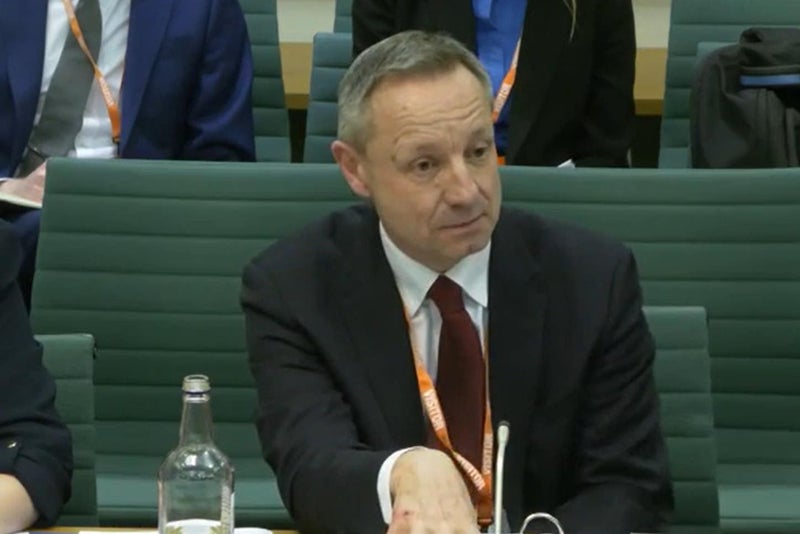UK banks’ trust account exodus cuts lifeline for disabled people, says charity
Share:
Customers face ‘severe consequences’ as banks and building societies close accounts typically set up to help vulnerable people. People with disabilities are facing potential hardship because banks are scrapping trust accounts that allow money to be managed safely on their behalf.
Victims awarded personal injury settlements and those with learning difficulties are among those facing “severe consequences” as accounts are closed or frozen by high street banks and building societies, according to campaigners. Trust accounts are typically set up by representatives of a vulnerable individual to protect their assets and ensure a stable financial future.
A disabled person’s trust gives an appointed trustee a legal right to administer funds or property on behalf of the beneficiary. The assets, which may include compensation for serious injury, do not count towards means-testing and are eligible for tax relief.
However, since Covid nearly all high street banks have withdrawn the service citing costs and complex compliance laws. In recent weeks, Nationwide building society became the latest provider to pull out of the market. The closures have removed a lifeline from learning-impaired people who are already financially excluded, according to the charity Mencap, which warns that ordinary accounts may put them at risk of financial abuse. Some trustees have been unable to pay for essentials such as carer support and mobile phone contracts because a trust account has been closed.
“We’re hearing from an increasing number of families of people with a learning disability who don’t know where to turn,” said Mencap’s chief executive, Jon Sparkes. “Some already have a disabled person’s trust account in place but have been warned it is now due to close and others can’t set one up because banks no longer offer this type of service.”.






















